# The Metaphysical Insights of Metabolism and Health
Written on
Understanding Metabolism and Its Significance
The ongoing conversations about the rise of chronic illnesses in modern American society are hard to ignore. It is a well-acknowledged fact that a significant portion of the population struggles with being overweight. Furthermore, the principles of mass and energy being interchangeable play a crucial role in these discussions.

Defining Metabolism
Metabolism refers to the series of chemical processes that sustain life within an organism. The term itself originates from the Greek word “Metabole,” which translates to change and transformation.
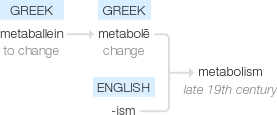
The mechanisms of chemical reactions determine our energy release and storage. Unfortunately, the healthcare sector often mismanages this epidemic, opting for superficial retail solutions rather than addressing the root causes. Nutrition and physical activity are essential pathways through which we consume and expend energy, and they directly influence our metabolic rates. This explains the remarkable capabilities of athletes—they possess the requisite energy systems to fuel their bodies effectively.
Chinese Medicine and the Metabolism
In traditional Chinese medicine, metabolism is referred to as San Jiao, or the Triple Burner, encompassing three primary components:
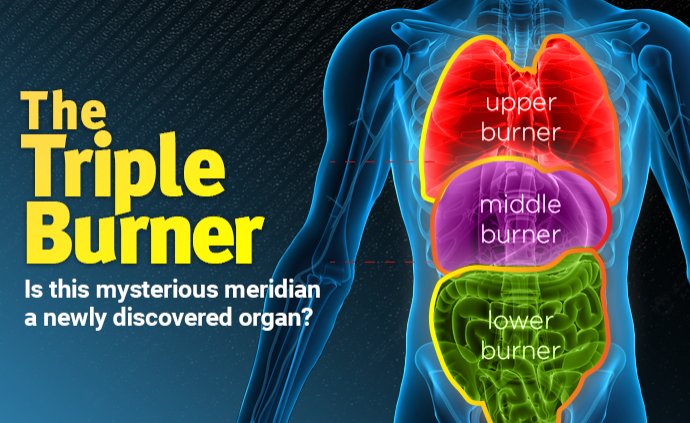
- First Burner: Involves the heart and lungs, regulating breath and heart rate (AIR).
- Second Burner: Comprises the stomach and liver, focusing on decomposition and energy release (FIRE).
- Third Burner: Encompasses the kidneys and intestines, dealing with energy release and fluid dynamics (WATER).
First Burner Insights
The heart rate and breathing patterns are essential indicators of both metabolism and emotional well-being. Meditation practices aim to reduce resting heart rates, slow breathing, enhance lung capacity, and improve circulation. Mental activity, quantifiable through EEG readings, also represents a form of metabolism, as different brainwave frequencies correlate with varying levels of mental engagement.
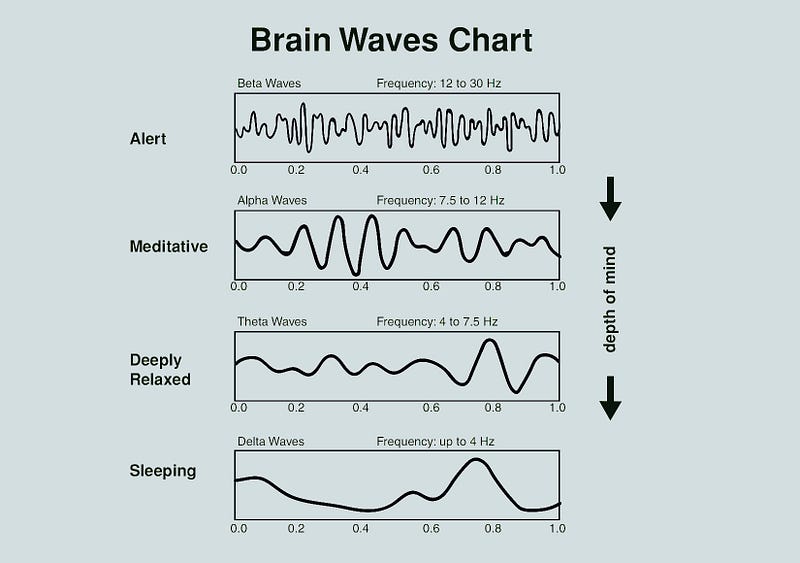
Higher frequencies can transmit more information, akin to advancements in mobile broadband technology.
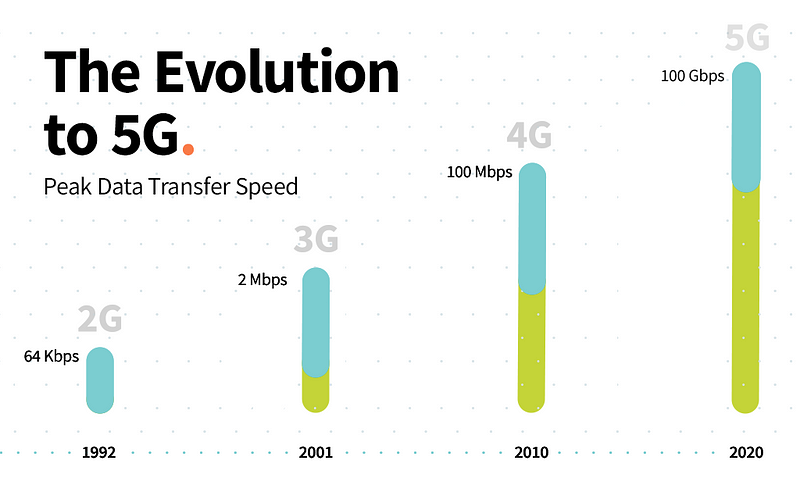
By calming the mind and slowing down our physiological responses, we can reduce excess mental noise and liberate energy reserves.
Second Burner Dynamics
The Second Burner addresses consumption and the balance between rest and activity. When we ingest food, our bodies generate heat, which can be stored as ATP to facilitate work. The body liberates energy from chemical bonds in food, enabling us to perform tasks measured in Joules or Watts.

Physical activity creates a demand for energy similar to how an accelerator in a vehicle consumes fuel.
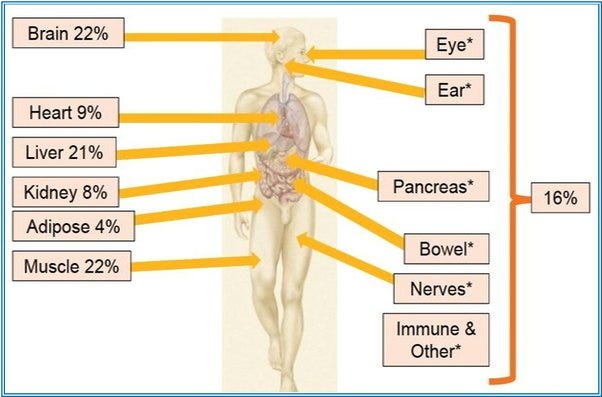
Third Burner and the Role of Stillness
The Third Burner involves the concepts of stillness and circulation. The bloodstream plays a vital role in absorbing essential nutrients and facilitating energy flow within the body.
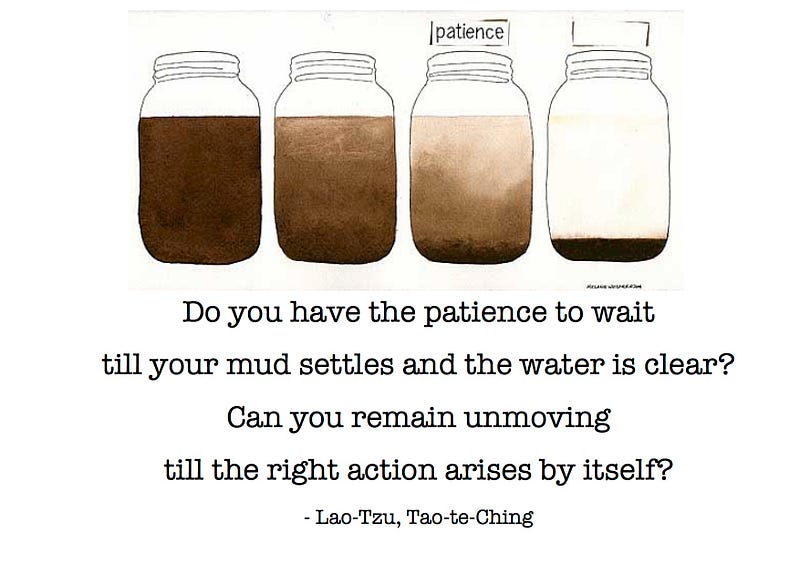
Tao Te Ching 15 emphasizes the importance of stillness:
> "The Ancient Ones were Subtle and Mysterious.
> The Depth of their Knowledge cannot be understood.
> All that can be done is to describe their appearance:
> Cautious as through crossing a winter stream...
> Who can become quiet enough to settle the mud and clear the water?"
> — Lao Tzu
When fasting, the body enters a different metabolic state after approximately 16 hours, transitioning into ketosis and utilizing fat reserves. This often leads to profound shifts in consciousness, allowing deeper internal reflection.
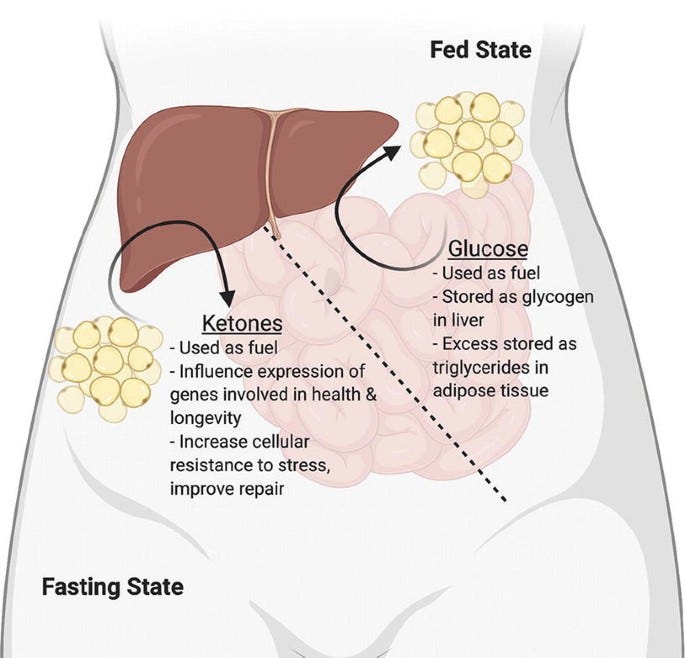
The Path to Self-Discovery
Through stillness and fasting, the body can heal and rejuvenate, activating autophagy to remove dysfunctional components. This process also addresses hydration and nutrient distribution throughout the body.
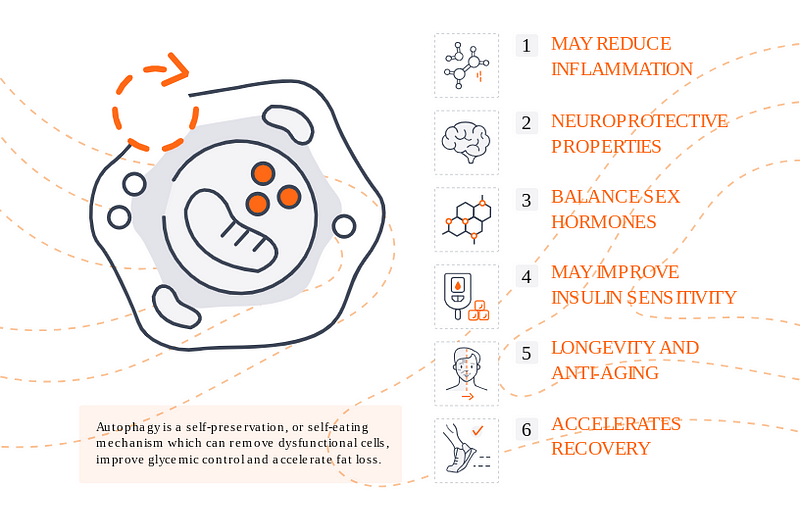
In the balance of Kan (Water) and Li (Fire), we can regulate our internal states.
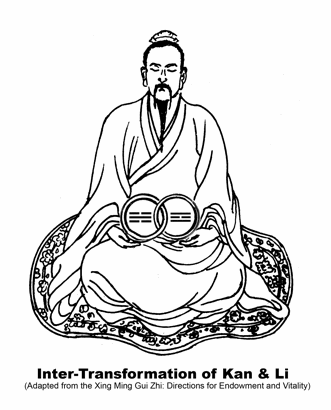
Dr. Yang Jwing Ming states that maintaining harmony between these elements is crucial for health and longevity.
Key Takeaways for a Spiritual Life
Every day, we begin with a finite amount of energy, and our health hinges on how we manage this precious resource. My intention is not to convince you to adopt a specific regimen but to inspire you to take charge of your health. Reflect on your mental and emotional states, dietary habits, energy levels, and physical activities.
Living a spiritual life requires a lifelong commitment to understanding our bodies, minds, and spirits—a journey of exploration into the profound mysteries of human existence.
> "The kingdom of God does not arrive when we are looking for it, nor do they say, 'Here it is,' or 'There it is.' Behold, you have the kingdom of God within you."
> — Luke 17:20–21